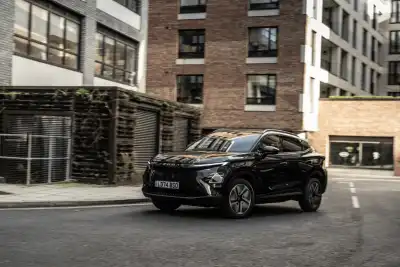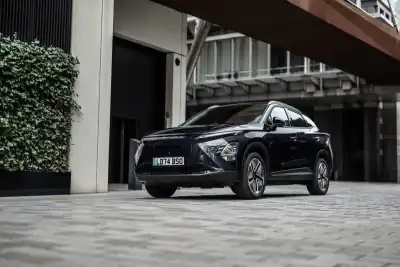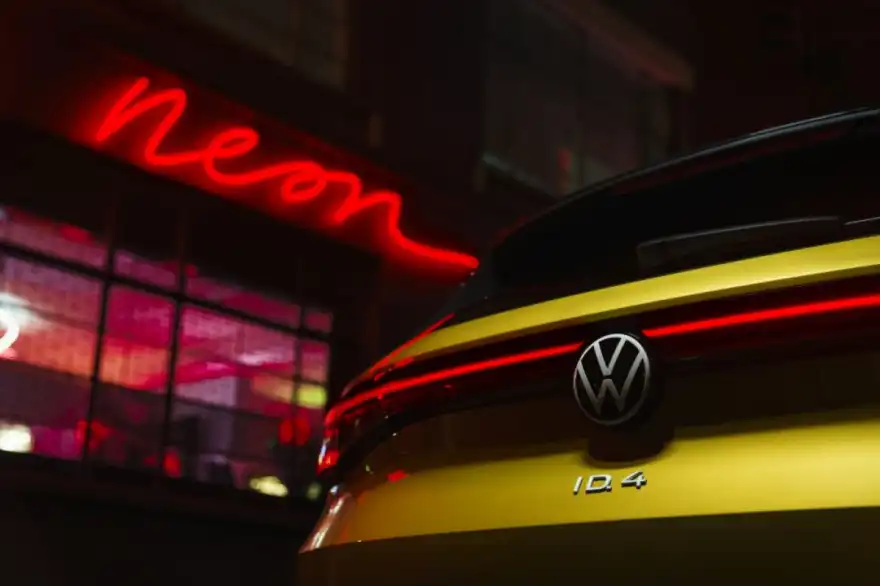
While we all understand the environmental benefits of buying and owning an electric car, the fact of the matter is that for the consumer, it needs to be more affordable than buying and owning a petrol or diesel car. This begs the question; how much does it cost to charge an electric car?
The answer is quite simple; not a lot, at all.
The actual cost of a full charge will depend on a number of variables. Firstly, how big is the car’s battery? Just like filling up the petrol tank in a Range Rover will cost more than filling up a Ford Fiesta - an electric car with a smaller battery will be cheaper to recharge than an electric car with a larger battery.
- The Nissan Leaf comes with a 40 kWh battery as standard, so if you were to charge it at home using a 3-pin plug at the standard rate of £0.14 per kWh, a full charge will cost a total of £5.60.
- The Tesla Model S is available with a much larger 100 kWh battery, so if you were to charge your Model S at home using the same 3-pin plug and at the same rate of £0.14 per kWh, a full charge would cost £14.00.
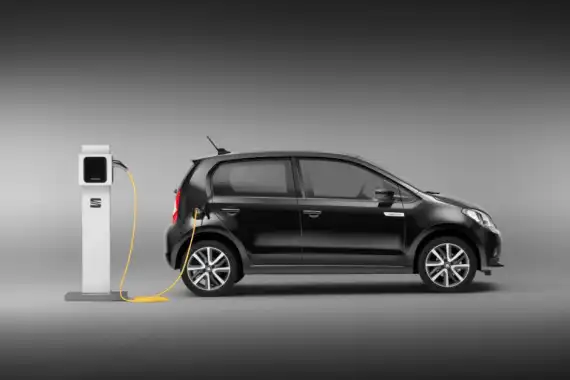
How much does it cost to charge an electric car at home?
Another important variable when understanding the cost to charge an electric vehicle is where the vehicle is being charged. As mentioned above, a domestic charger will typically cost around 14 pence per kWh, although that will vary depending on the provider's tariff and whether the vehicle is being charged during peak or off-peak hours, as the price of domestic electricity often varies depending on the demand in the local area.
It’s simple to work out how much it will cost for a full battery in your electric vehicle when charging at home. Multiply the size of the battery by the cost per kWh of electricity.
In the UK the average price was 14.4 p/kWh in 2020, however prices ranged based on locality. In the East Midlands, the average cost was just 13.86 p/kWh, meanwhile, in the South West, the average crept up to 15.54 p/kWh.
A lot of electric car buyers choose to have a home charging station installed, which can greatly reduce the time required to charge your battery. These domestic charging stations can cost up to £800 to buy and install, however, the government is currently offering a grant of up to 75% of a new charge points cost, up to a maximum of £350.
The average cost of a charging point is around £450, so you can expect to pay as little as £100 for a mid-range wall box and installation once the government grant has been accounted for, depending on the product, supplier and cost of installation.
When weighed up against your annual fuel bill this amount could potentially save you thousands of pounds over the course of 12 months.
A home charging station is not essential and does not reduce the cost of electricity required to charge your car, however, the cost and installation are still an expense electric car buyers will need to consider when purchasing an electric vehicle.
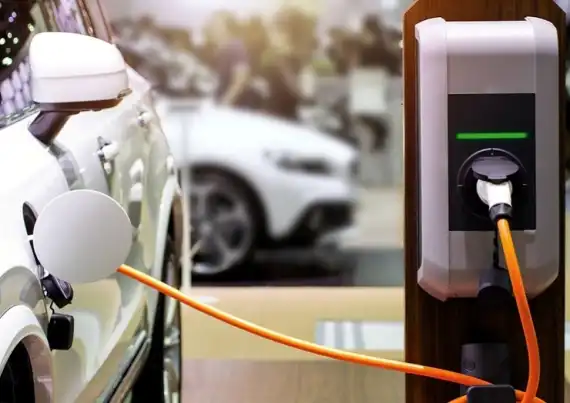
How much does it cost to use an electric car charging network?
Aside from using a domestic or workplace charger, most electric car drivers will use a network of charging points across the UK. At the time of writing, BP Pulse is the largest network with over 8,000 points available across the country, and that infrastructure is growing rapidly.
BP charges members just £7.85 a month for access to their charging infrastructure and new members get their first 3 months completely free.
Their charging points are also available to non-subscribers and BP will charge these members a higher tariff, typically between 18p to 42p per kWh with a minimum spend of £1.20.
Pod Point is another network of electric car chargers and a lot of their stations are actually free to use, however, certain locations have rapid chargers which cost 25 p/kWh and they can charge at speeds of up to 50 kW.
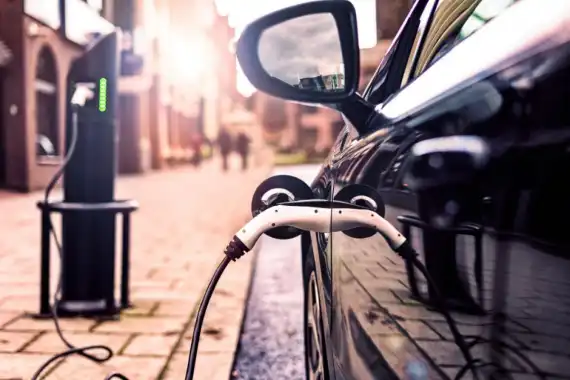
How do you pay for electric car charging?
All electric car charging stations in the UK use either pay-by-app functionality or accept contactless card systems. Some charging networks, such as BP, will show your credit on your smartphone app, so you simply select a station nearby and check your car in. The correct amount will be billed against your membership.
If you are not a part of a public charging network but would still like to use a public charging point then there will be simple instructions to allow contactless card payments to be billed directly to your credit or debit card. This works in a similar fashion to the pay-at-pump services you will find at petrol stations across the UK.
Is it free to charge a car in the UK?
Roughly 40% of public car charging stations in the UK are free to use. There are thousands of these locations across the country, typically found in supermarket car parks, shopping centres, hotels, public car parks and occasionally (but not often) service stations.
These stations are intended for ‘topping up’ your car's battery while you are on the go so while you nip into the supermarket your vehicle can get some extra juice. They are not intended to be relied on for frequent full charges.
‘Pod Point’ is one of the largest providers of charging stations to businesses across the country, with over 3,000 charging stations already in place. They have contracts with the likes of Tesco, Sainsburys, McDonalds and much more. These companies pay for the cost of the charging station and the cost of the power as they know that these free charging stations will attract electric vehicle owners to their business.



